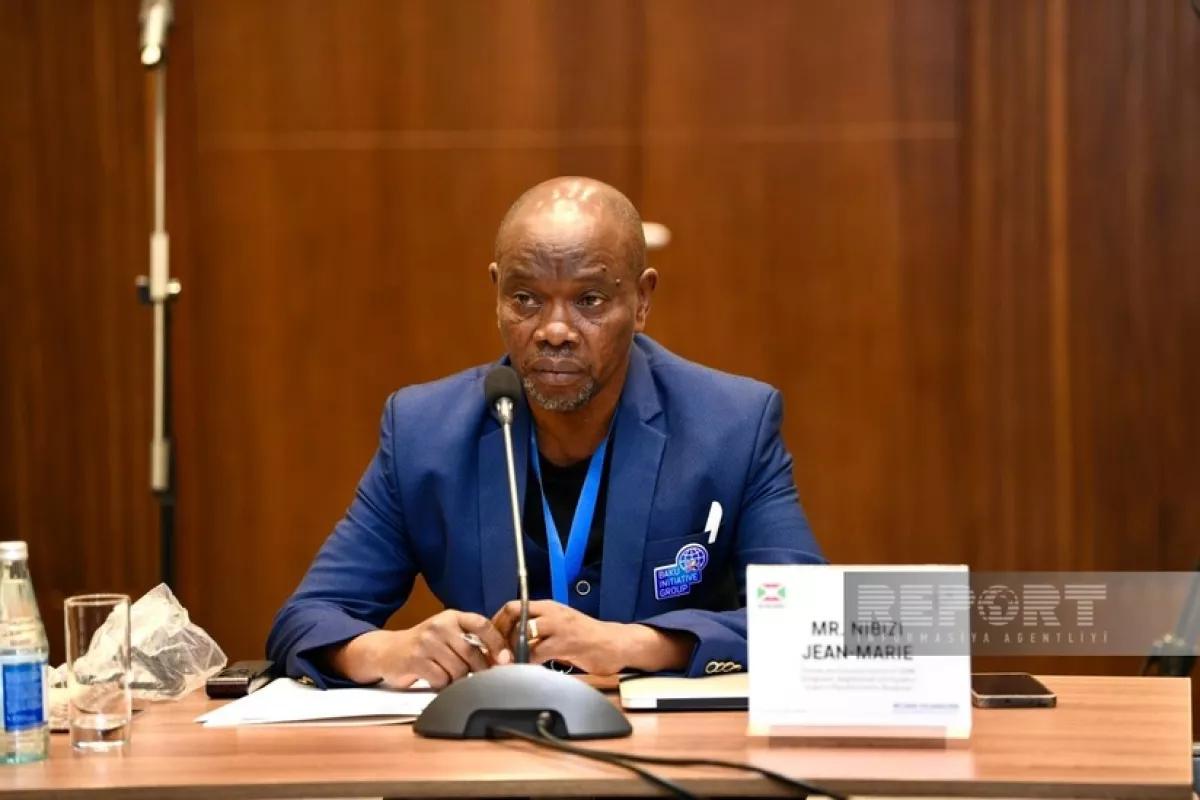Activist: Baku conference gives platform to Congolese women seeking justice
International conferences, like the one held in Azerbaijan's Baku capital, allow to openly share the pain of Congolese women and demand justice for the violence they endured under Belgian colonial rule, Human rights defender and member of the women’s organisation For Peace in South Kivu Agnès Sadiki Nyabisoki said.
Speaking at the international conference “Belgian Colonialism: Acknowledgement and Responsibility” held in Baku, she noted that Congolese women were among the most vulnerable groups during the colonial period, suffering systematic abuse and oppression, Caliber.Az reports per local media.
“Through conferences like today's in Baku, we can speak openly about the pain and injustice experienced by women in the DRC. We will continue to fight for recognition of this suffering and for justice for all victims of colonial violence,” Nyabisoki said.
She stressed that, despite abundant historical evidence, Belgium has yet to express official remorse for its actions.
“Our people are not only seeking recognition but also genuine remorse,” she concluded.

At the same event, Jean-Marie Nibizi, founder and executive director of SHINE (Solidarity, Harmony, Integration, Neighbourhood, and Equality) in Burundi, described how Belgian colonial rule devastated his country’s cultural identity.
“Our people couldn't name their children freely. They also destroyed our traditional clothing. We have a concept called 'iniqali.' 'Iniqali nenekufi' refers to proverbs and sayings rooted in our culture. They also wiped out traditions we call 'litito'—storytelling customs accompanied by songs. These tales, enriched with melodies, passed deep life lessons from generation to generation. Yes, colonialism brought us these tragedies,” Nibizi said.
He added that Burundi’s cultural tradition known as Samandari—a collection of life lessons and proverbs—was completely eradicated under colonialism.
“This was a collection of expressions similar to proverbs, but each one encapsulated the wisdom of an entire life in a single sentence. These were life lessons often delivered with humor. But all of this was destroyed. Researchers are astonished when studying this cultural heritage, as some aspects resemble European frontier literature—even though these communities had no contact with Europe at the time. Yet today, we no longer share these stories with our children or pass on these values. Instead, we tell them European tales.”
Nibizi also warned that ongoing regional tensions continue to destabilise Central Africa.
“Certain regional alliances are intensifying this situation. For example, what I call the ‘small alliance’—cooperation between Rwanda, Uganda, and Kenya. Kenya continues to support certain armed groups, which creates a war-like atmosphere among neighboring countries such as Rwanda, the Democratic Republic of Congo, and Burundi. The long-standing conflict in eastern Congo remains unresolved and continues to claim thousands of lives. The president and government classify these events as genocide.”
By Sabina Mammadli








